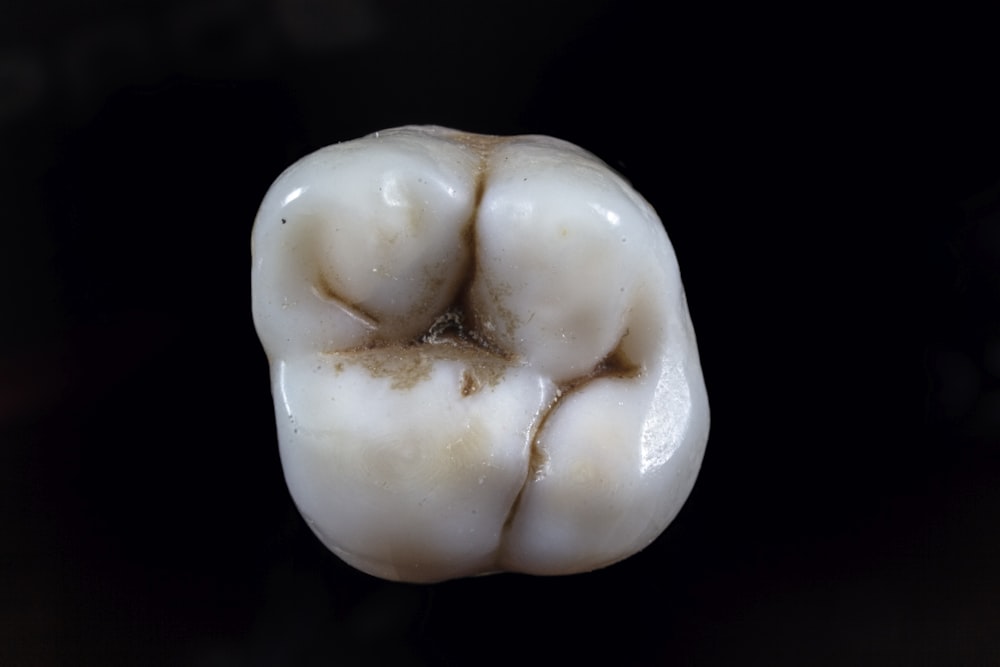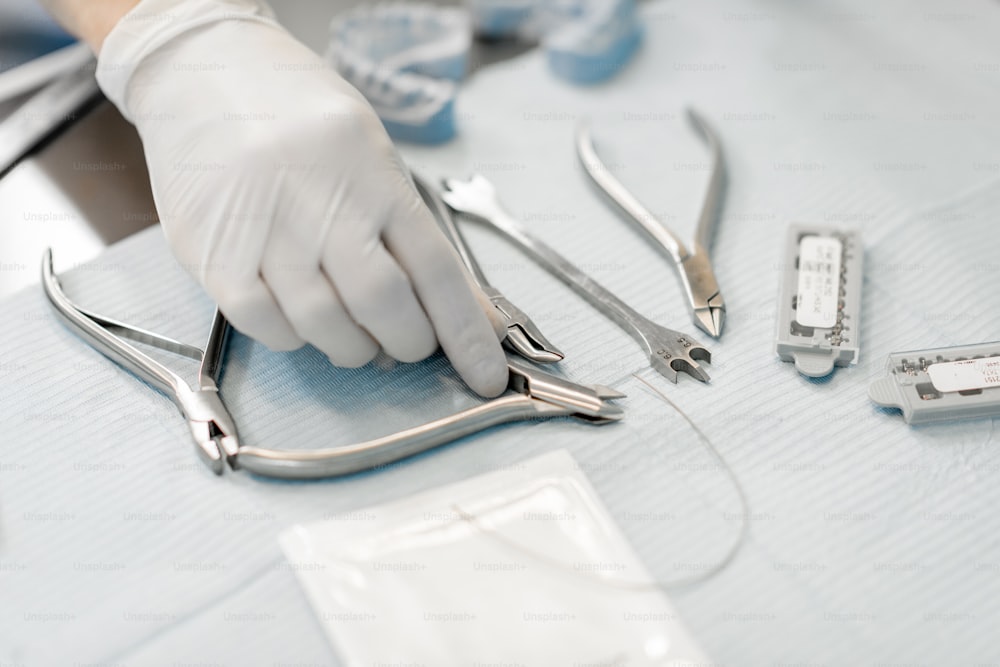Dental Implant New Albany OH - Dental Implant Services in Ohio
When figuring out what sort of anesthesia is used for dental implants, it becomes important to discover varied options obtainable to patients. The alternative of anesthesia can significantly impression the consolation of the process, the overall expertise, and the speed of recovery. Dental Implant Centerburg OH.
Local anesthesia is the most commonly used kind for dental implant surgeries. In this method, an anesthetic agent is injected close to the surgical website. Local anesthesia successfully numbs the targeted area, permitting the oral surgeon or dentist to carry out the procedure with minimal pain to the patient. It is helpful because patients stay totally awake and aware throughout the process, fostering a way of management.
Dental Implant Granville OH - Dental Implants Ohio
Sedation dentistry presents another strategy for people who could really feel anxious concerning the procedure. Sedation can range from mild to deep, allowing patients to chill out while their implants are placed. Different levels of sedation could be achieved through oral sedatives, nitrous oxide, or intravenous methods. The stage of leisure may be tailor-made to the particular wants or anxiety ranges of the patient.
Nitrous oxide, commonly generally known as laughing fuel, is a well-liked choice for dental procedures, including implants. This form of sedation works quickly, allowing sufferers to really feel relaxed and euphoric. Administration is handy, because the fuel is inhaled via a masks positioned over the nostril. Patients can sometimes resume normal actions shortly after the process, making nitrous oxide a favourite among both dentists and patients.
Another choice is oral sedation. This methodology involves taking a prescribed sedative before the appointment. Patients typically really feel sleepy and fewer conscious of their environment whereas nonetheless with the flexibility to communicate with their dental group if necessary. While oral sedation is efficient, its onset and length can differ from person to person, so dentists must consider individual wants rigorously.
Intravenous (IV) sedation offers deeper ranges of sedation, perfect for longer or more complex procedures. This technique allows for speedy adjustment of sedation levels, because the anesthetic is run directly into the bloodstream. Patients in this state may feel extraordinarily relaxed and might not remember the procedure afterward. IV sedation typically requires a extra extensive recovery interval in comparison with native anesthesia alone.
Dental Implant Hartford OH - Implant Dentist
General anesthesia, though usually reserved for more invasive surgical procedures, can be considered for dental implants in particular conditions. This type of anesthesia induces a state of complete unconsciousness, requiring shut monitoring by an anesthesiologist. General anesthesia is appropriate for patients with severe anxiousness, those that have issue sitting still for lengthy periods, or when multiple procedures are carried out simultaneously.
The selection of anesthesia may also depend upon the patient's medical historical past and any underlying health conditions. Some sicknesses may enhance the danger of complications during anesthesia. Detailed discussions between the patient and the dental group can result in a custom-made anesthetic plan that ensures safety whereas enhancing consolation.
Many sufferers categorical concern regarding the unwanted effects associated with anesthesia. While unwanted effects can differ primarily based on the sort used, most local anesthetics present minimal risks. Common concerns embrace momentary numbness and swelling near the injection web site. For those who opt for sedation, unwanted facet effects may embody drowsiness, dizziness, or nausea.
Recovery time additionally plays a job in the selection of anesthesia. Local anesthesia typically allows for a faster recovery, enabling patients to resume regular actions inside hours. Sedation methods could require more time for the treatment to wear off, necessitating arrangements for transportation post-procedure.
Dental Implant Pataskala OH - Dental Implant Placement

The significance of communication between the patient and the dental practitioner cannot be overstated. Sharing considerations and preferences allows for a tailor-made anesthetic method. A thorough evaluation helps to identify the most acceptable kind of anesthesia to ensure both consolation and effectiveness through the dental implant process.
In addition to consolation and security, the general success of dental implants can also be influenced by the choice of anesthesia (Dental Implant Columbus OH). The results of anxiety on the body can complicate surgical procedures and lengthen recovery instances. Therefore, a correct anesthetic plan plays an important function in not only instant comfort but also the long-term success of the dental implants.
Dental Implant Centerburg OH - Dental Implants Ohio
Patients ought to be ready to discuss their medical historical past, anxiety levels, and private preferences when consulting a dentist for dental implants. This open dialogue permits the practitioner to create an anesthetic technique that fits the individual whereas ensuring the process runs smoothly and successfully.

The quest for a pain-free dental implant procedure can be daunting for many. The varying kinds of anesthesia create options that may match particular person needs, lifestyles, and luxury ranges. The right choice of anesthesia can flip a probably stressful dental visit right into about his a more manageable expertise.
Dental Implant Columbus OH - Dentist near Ohio
In conclusion, understanding what sort of anesthesia is used for dental implants is crucial for patients making ready for the process. From local try this site to common anesthesia, every technique has its advantages and considerations. With a selection of options out there, sufferers can work carefully with their dental group to determine one of the best approach, enhancing not solely consolation but also the probability of a profitable outcome. Ultimately, the choice of anesthesia instantly impacts both the expertise in the course of the process and the overall satisfaction with dental implants.
- Local anesthesia is predominantly used for dental implants, offering targeted numbing to the surgical website while permitting the patient to remain fully acutely aware.
- Common local anesthetics embody lidocaine, articaine, and mepivacaine, each chosen for his or her effectiveness and length of action.
- Sedation dentistry may also be employed for patients with anxiousness, usually using moderate sedation techniques like nitrous oxide or oral sedatives.
- General anesthesia could be an choice for advanced circumstances or in patients with severe anxiousness or particular needs, guaranteeing a very unconscious state.
- The choice of anesthesia is dependent upon the patient's medical history, stage of anxiety, and complexity of the implant process.
- During the process, monitoring of vital signs ensures the affected person's security and luxury ranges are maintained.
- Post-surgery, sufferers are often given directions concerning pain management, which can embody over-the-counter pain relievers alongside instructed dosages of native anesthesia.
- The use of anesthetic brokers can vary based on particular person responses, necessitating a tailor-made approach from the dental professional.
- Some dental practices may offer virtual reality or distraction techniques to help patients manage anxiety alongside anesthesia options.undefinedWhat type of anesthesia is used for dental implants?
What is the most common type of anesthesia used for dental implants?undefinedThe most common kind of anesthesia for dental implants is local anesthesia, specifically lidocaine. This numbs the surgical area to attenuate pain during the process.
Can I request sedation for my dental implant surgery?undefinedYes, many dentists offer sedation choices, such as oral sedation or nitrous oxide, for sufferers who really feel anxious or prefer a more relaxed expertise throughout dental implant surgery.
Dental Implant Pataskala OH - General and Restorative Dentistry

Will I be awake in the course of the dental implant procedure?undefinedIf local anesthesia is used, you'll be awake however numb within the therapy space. If sedation is chosen, you may be in a light-weight sleep and never totally conscious of the process.
How long does the anesthesia final during the procedure?undefinedThe effects of local anesthesia sometimes last for 1 to 3 hours, depending on the specific medication used. However, the duration can vary based mostly on individual elements.
Dental Implant Columbus OH - General dentists within 20 miles of Ohio

Are there any unwanted effects of dental anesthesia?undefinedPossible unwanted side effects can include momentary numbness, swelling, bruising, and, in rare instances, allergic reactions. It's necessary to discuss any considerations along with your dentist beforehand.
Can I eat or drink after receiving anesthesia for my dental implant?undefinedIt's finest to avoid eating or consuming till the numbness has utterly worn off to forestall biting your tongue or cheek. Follow your dentist’s particular post-operative instructions for the most effective outcomes.
How is anesthesia administered for dental implants?undefinedLocal anesthesia is typically administered by way of a small injection instantly into the gum tissue. Sedation options might contain inhalation or oral medicine that will help you chill out earlier than the procedure.
Dental Implant Condit OH - Dental Services - Ohio
Do I need someone to drive me home after the procedure?undefinedIf you’ve received sedation, it’s beneficial to have someone drive you home, as you might feel groggy or disoriented. Local anesthesia alone often does not require help.
What if I actually have a fear of needles?undefinedIf you have a worry of needles, talk about this together with your dentist. They can present methods to assist ease your anxiousness, corresponding to utilizing topical numbing brokers earlier than the injection.